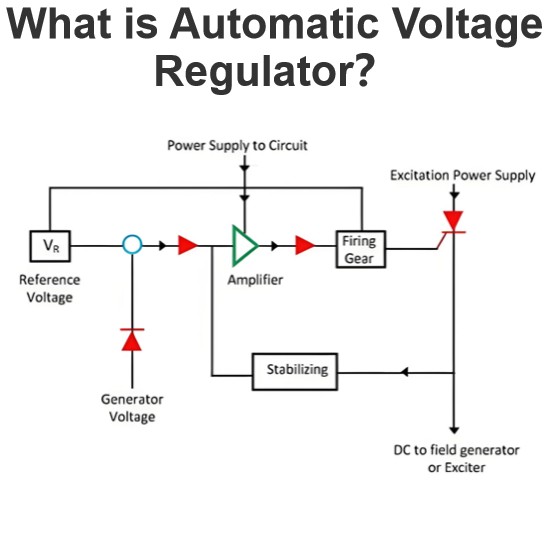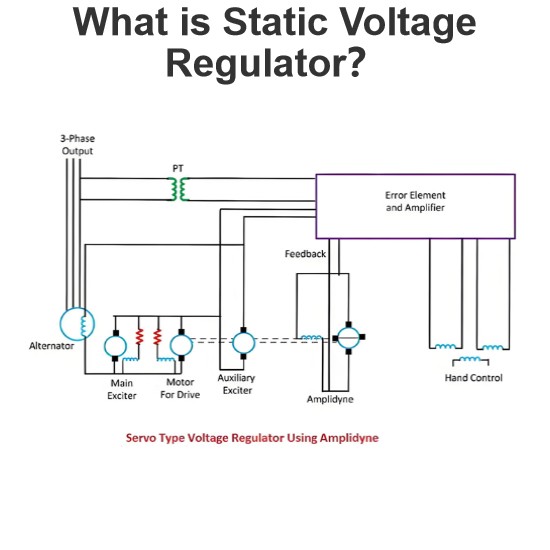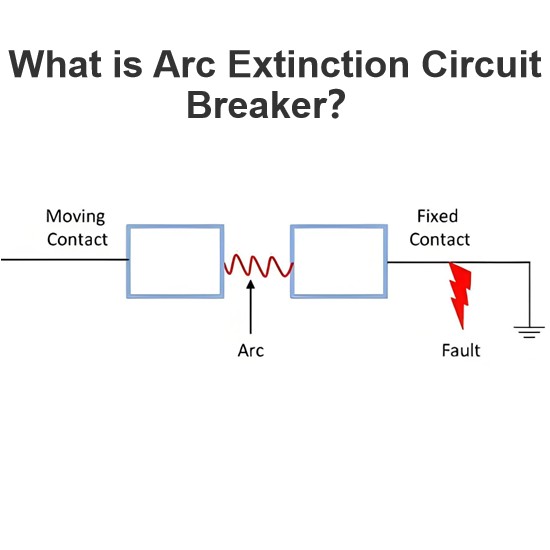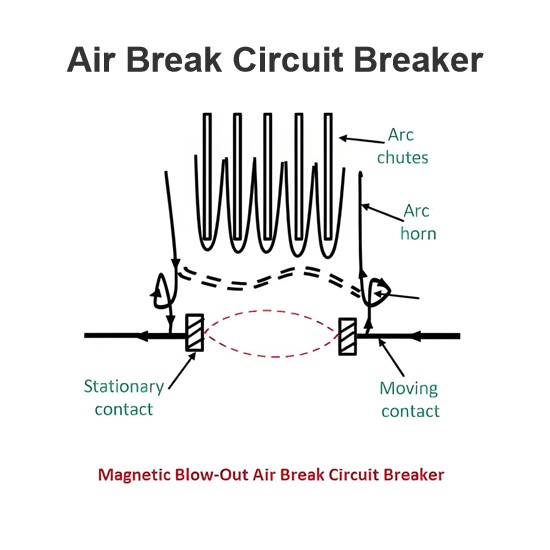What is the reason for high voltage power lines not being grounded on both ends?
The reason why high-voltage power lines are not grounded at both ends is primarily to prevent ground faults and ensure the safety and reliability of the electrical system. Here are some detailed reasons:
Prevention of Ground Faults: If high-voltage lines were grounded at both ends, any insulation failure or accidental contact with the ground could cause a direct path for current to flow to earth, leading to a ground fault. This can result in significant damage to equipment and potential hazards to people.
Voltage Stability: By not grounding both ends, the system can maintain better voltage stability. Grounding only one point (or using an isolated neutral system) helps to minimize the effects of unbalanced loads and reduces the risk of overvoltage conditions.
Reduced Risk of Electromagnetic Interference: Ungrounded systems can reduce electromagnetic interference (EMI), which can affect nearby electronic devices and communication systems.
Ease of Fault Detection: In systems where the neutral is not grounded, a single-phase-to-ground fault will not immediately cause a short circuit. This allows for easier detection and location of the fault without causing a complete system shutdown.
Protection Against Lightning Strikes: High-voltage lines are often exposed to lightning strikes. An ungrounded system can better withstand transient overvoltages caused by lightning without causing extensive damage.
Cost Efficiency: Not grounding both ends can also be more cost-effective, as it reduces the need for extensive grounding infrastructure and maintenance.
In summary, not grounding both ends of high-voltage power lines helps to enhance system safety, reliability, and efficiency.
The Electricity Encyclopedia is dedicated to accelerating the dissemination and application of electricity knowledge and adding impetus to the development and innovation of the electricity industry.













